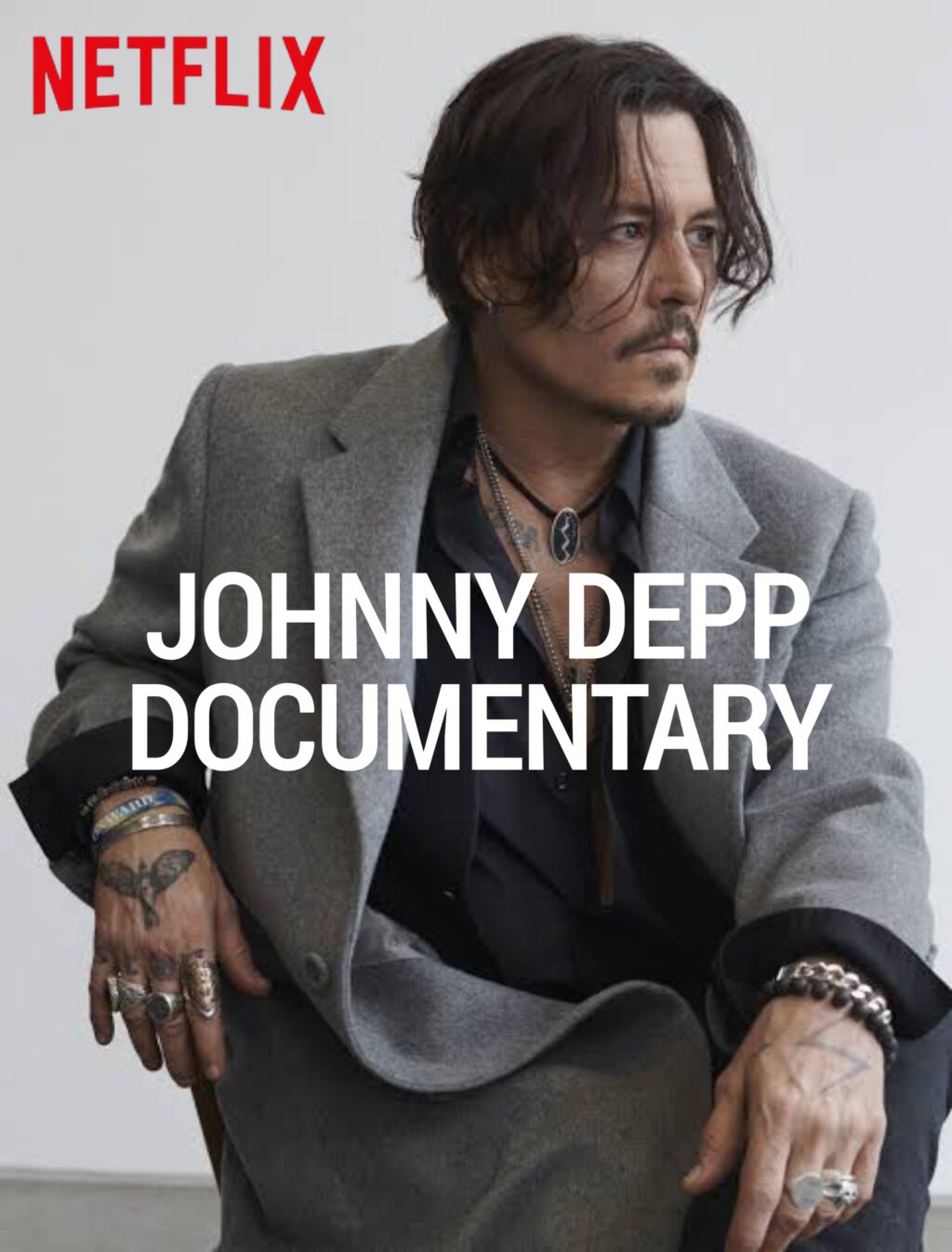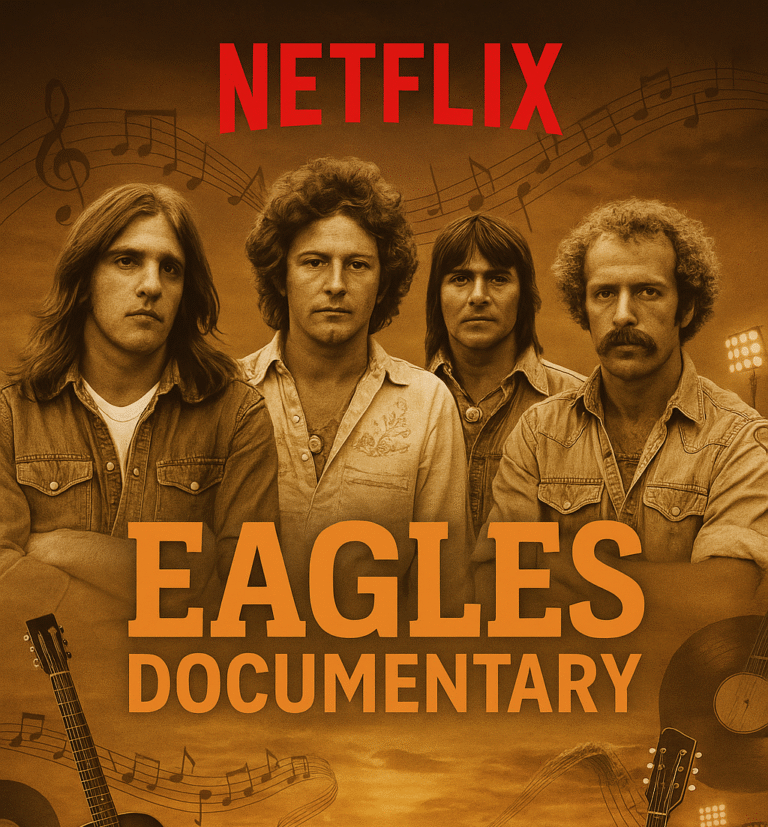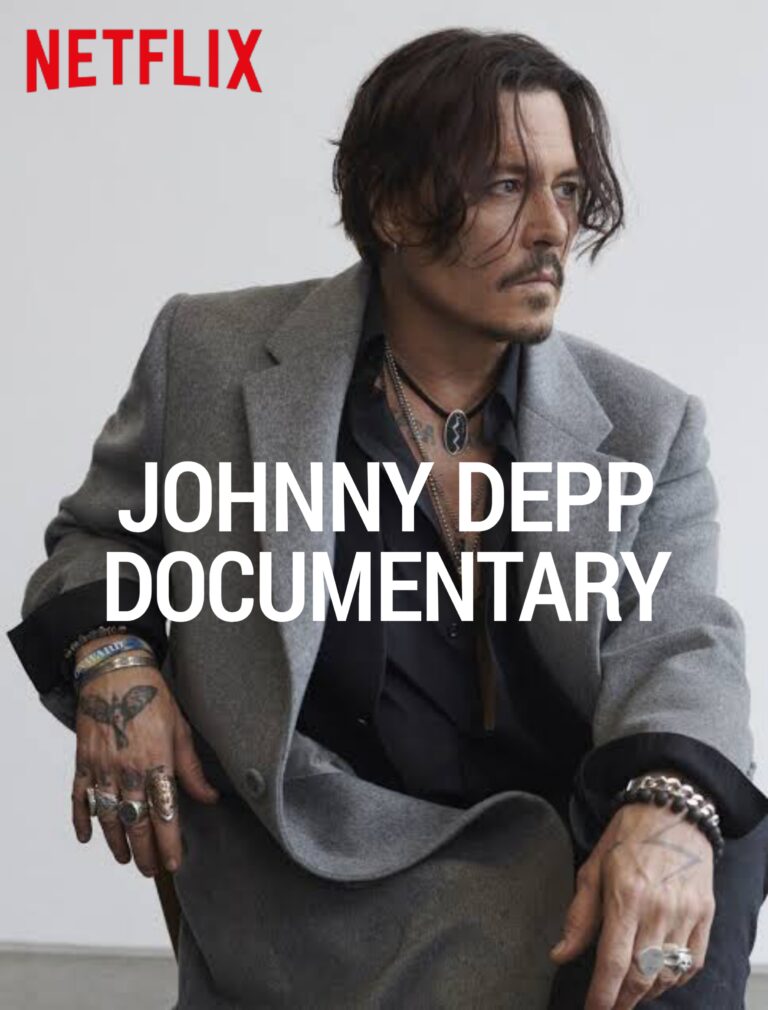
Netflix has officially announced that it will begin production on a documentary exploring the life and career of Johnny Depp, the enigmatic actor best known for his role as Captain Jack Sparrow in Disney’s Pirates of the Caribbean franchise. This project marks a significant moment in the streaming giant’s ongoing interest in celebrity biographies and promises an in-depth look into one of Hollywood’s most talked-about figures. The announcement has already generated a buzz among fans and critics alike, eager to see how the platform will portray the controversial and talented actor.
Johnny Depp has long been a figure of fascination in the film industry. From his early beginnings on 21 Jump Street to his later transformative performances in films like Edward Scissorhands and Sweeney Todd, Depp’s career has been marked by unconventional choices and a relentless pursuit of complex, often dark characters. His portrayal of Jack Sparrow, a character that Depp famously improvised and shaped himself, became a cultural icon and earned him global acclaim. It’s no surprise that Netflix would seek to document the man behind the pirate.
What makes this announcement particularly compelling is that the documentary will be a documentary about the making of another documentary on Depp—adding a meta-narrative to the storytelling. Netflix is leaning into the concept of showing not just the man, but how narratives around him are created, edited, and perceived. This approach hints at an exploration of media construction, celebrity myth-making, and the blurred lines between reality and representation.
This unique perspective could allow viewers to reflect on how celebrity documentaries are made and how they influence public opinion. By peeling back the layers on the production process itself, Netflix seems to be attempting something fresh—acknowledging the role of the filmmaker in shaping the narrative. This could be particularly relevant given the polarized reactions to Depp’s public and legal battles in recent years. Instead of offering a singular version of truth, this format might let the audience draw their own conclusions.
The streaming service has recently had success with similar in-depth documentaries on public figures such as Kanye West (jeen-yuhs) and Prince Harry and Meghan Markle. These projects have shown that audiences are hungry for deep, nuanced storytelling about famous individuals—especially when those individuals are embroiled in larger societal debates. Depp’s story, complete with dramatic highs and lows, seems perfectly suited for such treatment.
In addition to revisiting Depp’s illustrious filmography, the documentary is expected to touch on the actor’s personal struggles, including his highly publicized defamation trial against ex-wife Amber Heard. The trial drew global attention and divided public sentiment, bringing questions of justice, fame, and gender into the spotlight. It remains to be seen how the documentary will handle such sensitive and polarizing material, but Netflix has a track record of tackling complex issues with editorial rigor.
Sources close to the production have hinted that the documentary will include never-before-seen footage, interviews with industry colleagues, and commentary from cultural critics. There is speculation that some of Depp’s collaborators, such as Tim Burton and Helena Bonham Carter, may contribute their perspectives to the film. Fans are hopeful for rare behind-the-scenes content, particularly from the Pirates of the Caribbean sets, where Depp’s performance style became legendary.
While Netflix has not yet confirmed a release date, the project is reportedly already in pre-production, with filming expected to begin later this year. The streaming platform’s commitment to original content continues to reshape the documentary landscape, and this Johnny Depp project is poised to be a flagship offering in their upcoming slate. Viewers can anticipate a visually rich and emotionally complex narrative.
Given the documentary’s layered concept and subject matter, it is likely to provoke discussions far beyond Depp’s personal life or acting career. It may serve as a broader commentary on fame, the court of public opinion, and the entertainment industry’s influence on personal identity. With Netflix at the helm, expectations for both production quality and narrative depth are high.
The announcement was made on May 22, 2025, during Netflix’s annual press briefing for upcoming content. It immediately trended on social media platforms and sparked widespread media coverage. Fans and skeptics alike took to online forums to express excitement, concern, and curiosity about what such a documentary could reveal. Some applauded Netflix’s daring angle, while others questioned the ethics of a documentary about a documentary.
The public response is already reflecting the complicated legacy of Johnny Depp himself. To many, he is a misunderstood artist and cultural icon. To others, he is a figure who exemplifies the murky boundaries of celebrity accountability. Netflix appears prepared to walk that fine line with a documentary that doesn’t shy away from controversy, but instead contextualizes it within a larger media ecosystem.
Whatever shape the final product takes, one thing is certain: the documentary on the documentary of Johnny Depp is bound to be a landmark moment in streaming-era storytelling. With its bold concept and globally recognized subject, it has the potential to both challenge and captivate audiences. As filming begins, all eyes will be on Netflix to see whether it can deliver a portrayal that does justice to the myth, the man, and the machine that made him.




